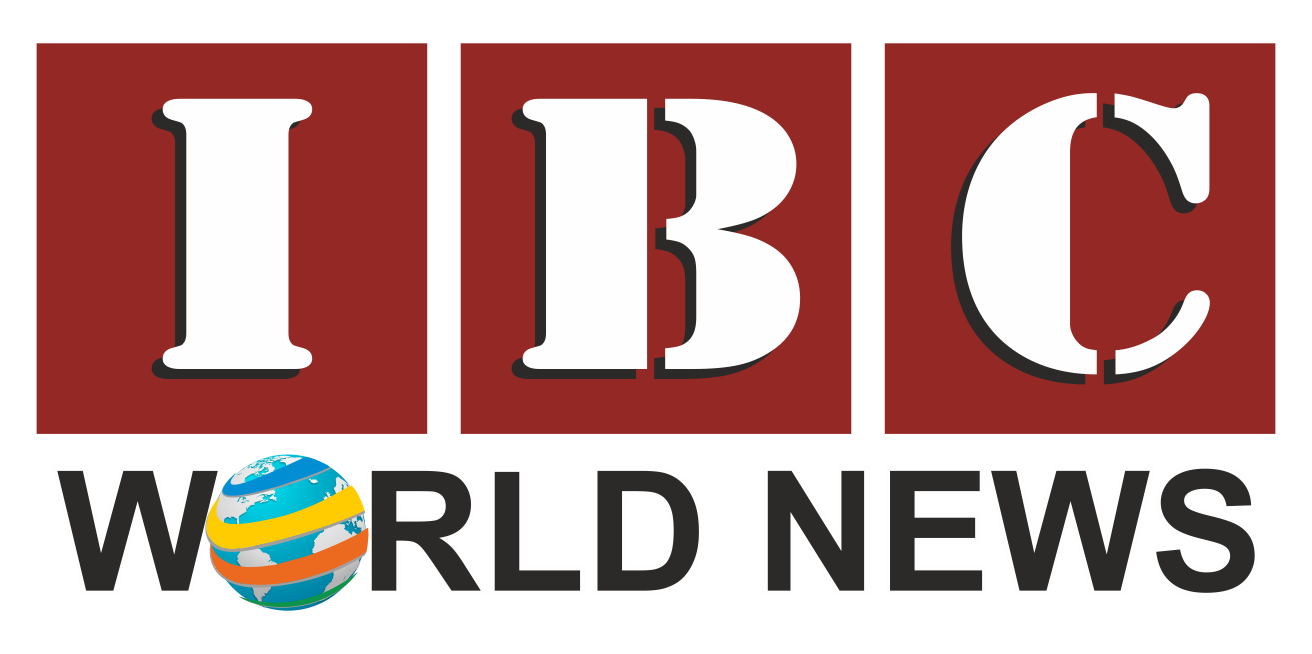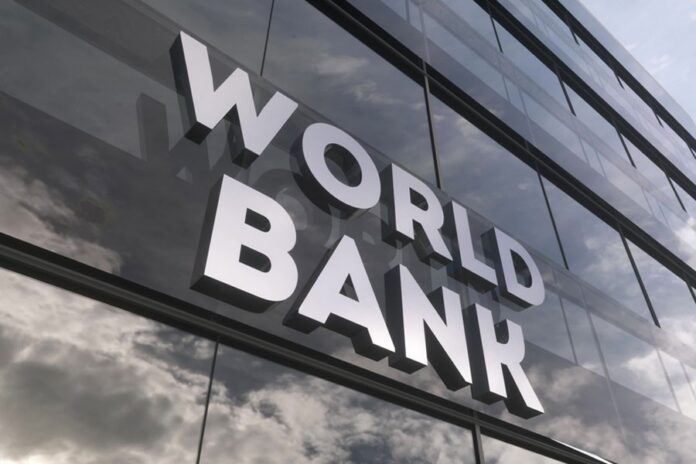World Bank-backed program to conserve 30,000 hectares, restore ecosystems, protect species, and blend infrastructure with green solutions
New Delhi
The World Bank has approved a USD 212.64 million loan to strengthen coastal resilience in Tamil Nadu and Karnataka under the “Strengthening Coastal Resilience and the Economy (SHORE) Project.” The initiative is part of the larger USD 850 million SHORE Program aimed at protecting ecosystems, reducing plastic pollution, and creating diverse job opportunities for coastal communities.
The project will directly support 100,000 people through skill development, training, and access to funds. About 70,000 individuals, including many women, will receive training in sustainable tourism and related sectors to build alternative livelihoods.
According to the World Bank, the program will also conserve 30,000 hectares of coastal ecosystems. Efforts include planting mangroves, restoring sand dunes, coral protection, and safeguarding species such as dugongs, turtles, and coastal birds. Infrastructure support like breakwaters will complement green solutions where needed.
Highlighting India’s Vision 2030, World Bank Acting Country Director Paul Procee said the project will help states engage private sector partners to tackle plastic pollution, strengthen waste value chains, and foster eco-tourism. Tamil Nadu, the first Indian state to ban single-use plastics in 2019, and Karnataka will also run public awareness campaigns on recycling and reducing plastic leakage.
The program is expected to benefit around 120,000 people through better plastic waste management and cleaner beaches. It also aims to bridge gaps between local bodies and private firms in handling urban solid waste.
The USD 212.64 million loan comes from the International Bank for Reconstruction and Development (IBRD) and has a maturity period of 23 years, including a 6.5-year grace period.



